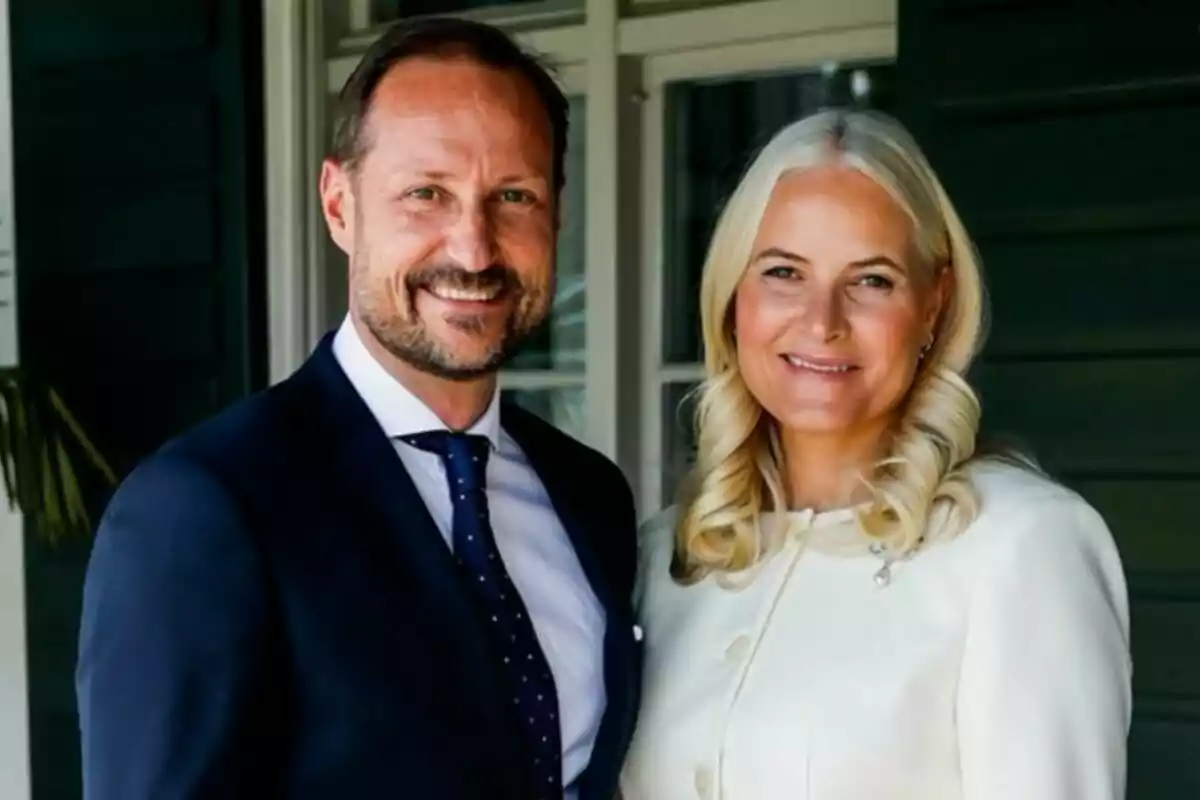
Norwegian justice announces news that leaves Princess Mette-Marit in shock
The most talked-about news of the year puts the princess at the center of everyone's attention and stirs up public conversation
Princess Mette-Marit has managed to balance her institutional role with her personal life. Her image combines approachability and commitment, qualities that have won over Norwegians. However, there are moments when public attention is fully focused on her closest family.
Her eldest son, Marius Borg, has grown up surrounded by protocols and cameras, although without being an official part of the monarchy. His relationship with Prince Haakon and his mother has kept him close to the heart of the institution. However, since 2024, public opinion hasn't been favorable toward Mette-Marit's son and, now, everything seems to be getting worse.

A privilege for Mette-Marit's son comes to an end
The Norwegian Ministry of Foreign Affairs has confirmed the withdrawal of Marius Borg's diplomatic passport. The Royal House explained that it was granted to him in childhood due to his frequent travels with the royal family. At that time, he was considered part of the Crown's closest circle.
Prince Haakon himself acknowledged a year ago that his stepson had kept that document throughout his life. His words sparked an intense political debate about the limits of royal privileges. The issue became a national topic of conversation and a controversy that has reached all levels of the country.

The controversy over privileges
The controversy increased when it became known that Marius used the passport for private trips. This type of document is reserved for official travel or those directly linked to the institution. Its use for personal activities is considered inappropriate.
Protocol experts explain that the rule is clear: a diplomatic passport must serve institutional functions. Its use outside this framework is not only incorrect, but it can also be interpreted as an abuse of privilege.

The message from the Royal House
The withdrawal of the document, although controversial, is seen as a sign that the royalty seeks to align themselves with common rules and, also, is interpreted as an act of consistency. The measure aims to reinforce transparency and avoid criticism for unequal treatment. For Princess Mette-Marit, this change means facing a delicate moment in which private life and public scrutiny intersect.
This episode could set a precedent in the review of other historical privileges. In a country that values equality, the measure sends a clear message: not all benefits are permanent. Keeping citizens' trust in the Norwegian Crown is essential for the institution's future.
More posts: